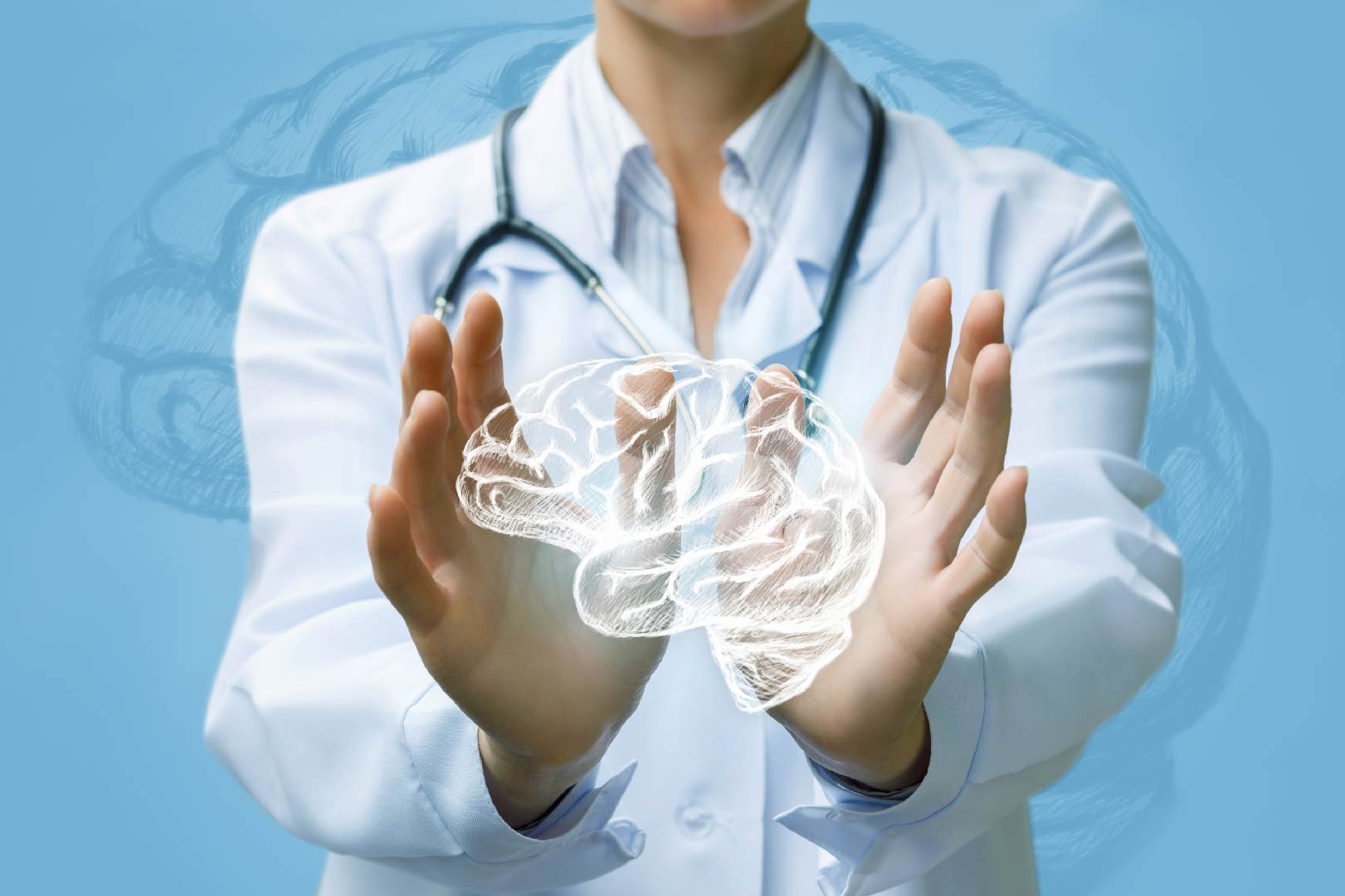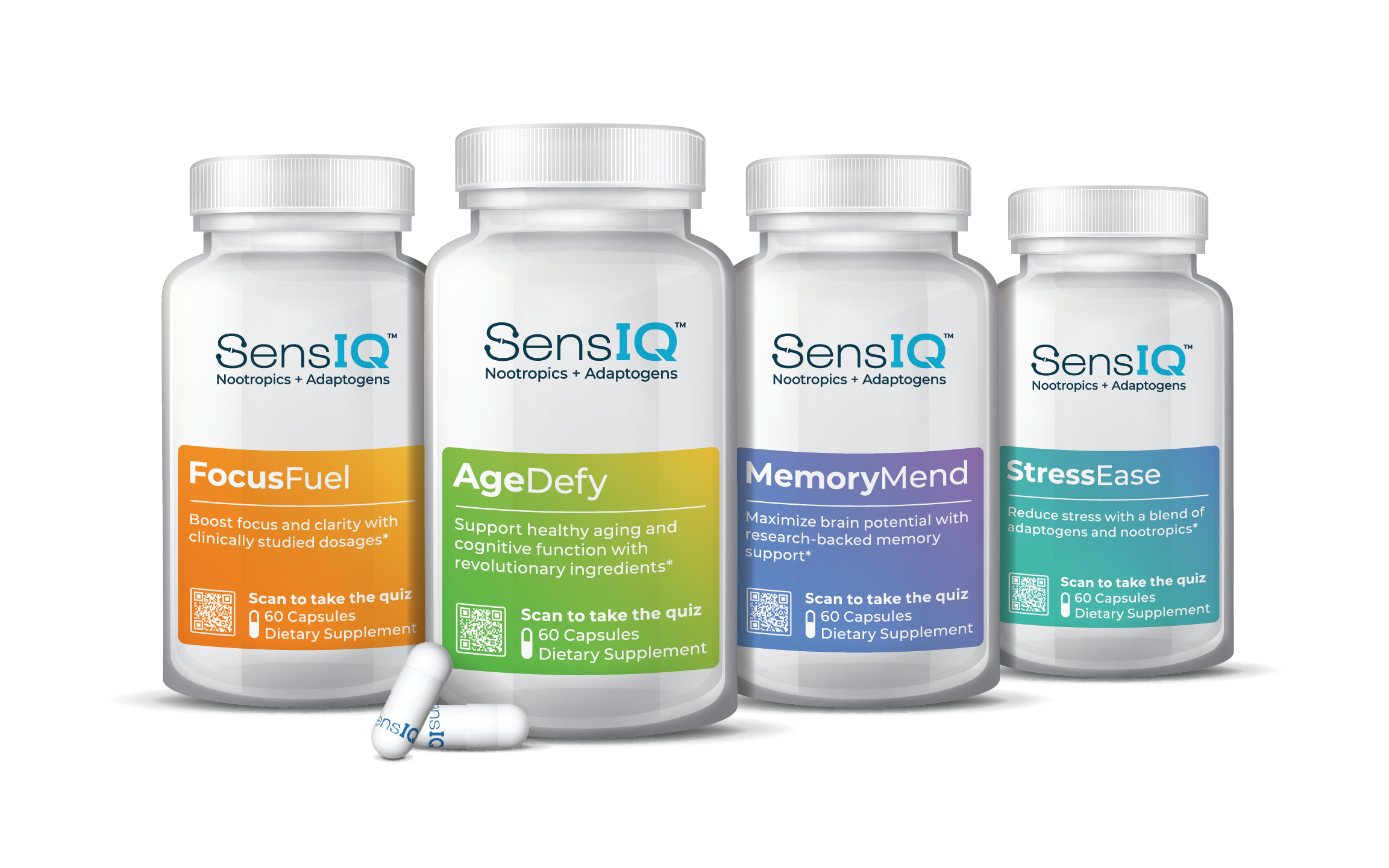With an aging population, there’s a rising interest in methods to uphold cognitive health and counteract age-related cognitive decline. Nootropics offer a promising pathway towards these goals. This blog post unravels the potential benefits of nootropics for older adults and how healthcare practitioners can introduce them into their treatment plans.
Age-related Cognitive Decline
The cognitive challenges that can emerge with age—such as memory loss, difficulties with concentration, and mental fog—are of increasing concern. The physiological alterations in the brain associated with aging can significantly affect cognitive function. Nootropics may offer a promising approach to supporting cognitive health in the face of these changes.

Benefits of Nootropics for Aging Adults
Specific nootropic ingredients, like Bacopa monnieri, Lion’s Mane mushroom, and Ginkgo biloba, have been studied for their potential benefits in supporting cognitive function in older adults. They work in various ways to promote cognitive health, such as increasing blood flow to the brain or promoting the growth of new brain cells. However, please note that these benefits are based on scientific studies, and results may vary among individuals.

Incorporating Nootropics into Treatment Plans
As healthcare practitioners, integrating nootropics into treatment regimens for older adults should be a thoughtful process. It’s crucial to consider various factors, such as the patient’s age, overall health status, and other medications. It’s equally essential to monitor patients’ progress and handle any potential side effects or interactions.

Lifestyle Factors for Cognitive Health
Beyond nootropics, it’s fundamental to stress the importance of lifestyle factors in supporting cognitive health. A healthy diet, regular exercise, and proper sleep hygiene are crucial elements in maintaining cognitive health in older adults. Nootropics can complement these lifestyle habits, providing an additional layer of cognitive support.
In an aging population, it’s essential for healthcare practitioners to stay updated on the latest research and trends in cognitive health. Incorporating nootropics into treatment plans and emphasizing healthy lifestyle habits for aging adults can help patients attain optimal cognitive health and overall wellness.

Disclaimer: This blog post is intended for informational purposes only and is not a substitute for professional medical advice, diagnosis, or treatment. Always seek the advice of your healthcare provider with any questions you may have regarding a medical condition.

